Larry Fessenden Trusts You
by Phil Nobile Jr.
(Mild spoilers for the as-yet-unreleased Blackout follow.)
This week at Brooklyn Horror Fest I watched Blackout, the new film from indie genre legend Larry Fessenden (Habit, Depraved). I loved it; it’s a haunting, haunted, old-school werewolf tragedy with equal parts horror, hair, and heart. It continues Fessenden’s career-long conversation about addiction issues while delving into timely sociopolitical topics and the unsolvable tangle of father-son relationships. It’s also hilarious and frequently gory, with great practical FX from Brian Spears and Peter Gerner. It’s a singular, handmade work from one of our great American storytellers. I can’t wait for Fango readers to see it.
This is not a review of the film. But in watching it, I was very taken with one particular aspect of it, and I’ve been chewing on it for days. (Here’s where the mild spoilers come.) The film has no opening credits, so actors are not called out by name until the end of the movie. Charley, the lead character, is played wonderfully by an actor of great depth and an unmistakable air of familiarity. Before I could put my finger on it, the film is discussing Charley’s late father, and Fessenden cuts to pictures of… William Hurt.
That’s because Charley is played by the late actor’s son Alex Hurt, and in retrospect the family resemblance is obvious. But without explicitly knowing ahead of time that this actor is the son of William Hurt, I was yanked out of the movie for a moment as my brain put the pieces together.
And the amazing thing is: Fessenden is fine with this, because he trusts his audience.
And this is exciting, because for the most part we haven’t seen filmmakers trusting their audience like this in a minute. Sometime between Christopher Nolan explaining in 2005 exactly where in Asia Bruce Wayne ordered his Batman cowls and the advent of social media platforms that accelerated media illiteracy, filmmakers and audiences have all shifted toward this priority of making things line up perfectly; bulletproofing plot points and creative choices so that an increasingly unsophisticated audience will continue to suspend its increasingly stubborn disbelief. Movies — especially and tragically, genre movies — now have to be grounded and believable, and asking your audience to stfu and take the ride has become a heavier lift on both sides of the transaction.
And here is Larry Fessenden, who’s been making movies for 45 years, reminding us that movies are dreams, and that we can all choose to be grownups about it and go on a journey whose layers transcend the current cultural need to be completely, thuddingly literal.
So, sure, pics of the late William Hurt might have your mind wandering for a second as you ponder the deeply meta layers of Alex Hurt’s casting — Fessenden says he saw in Alex the wounded weight of legacy that Lon Chaney Jr. brought to 1941’s The Wolf Man — but that’s okay. Fessenden trusts you to come back to the plot after you’ve processed this info, and he’s not worried that he’s lost you with this bold, honestly great choice.
Similarly, Fessenden’s werewolf story is more concerned with lycanthropy as a character exploration device than as some showcase for animatronics or cgi, so when you see the aesthetic route that particular aspect of the film takes, Fessenden trusts you to be on board. If you are, you’re gonna open yourself up to a very special film indeed.
Again, this is not a review, but every aspect of Blackout — its pacing, its beautiful character work, its very specific structure — seems to gleefully abandon expectation and convention, and trusts that audiences will take this sad/funny trip crafted by a wholly original cinematic voice. Certainly this is not the only film doing just that right now, but it feels increasingly important to call it out and celebrate it when it happens.
So many films spend precious time in the weeds trying to sell you their reality, making their verisimilitude airtight and critic-proof, and in 20 years all it’s really done for film is made audiences lazier and dumber while penning in storytellers. Blackout and its director have different priorities, and the film is all the better for it. Ultimately the film presents something that’s more authentic than realistic, and that’s an important and exciting distinction to learn — or, maybe, to re-learn.


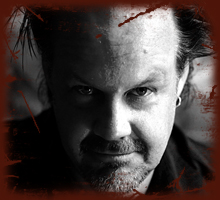

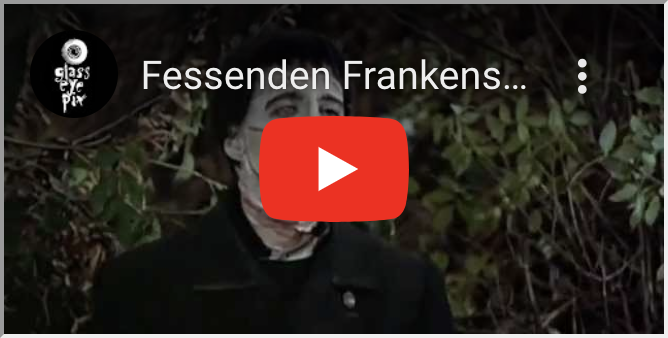





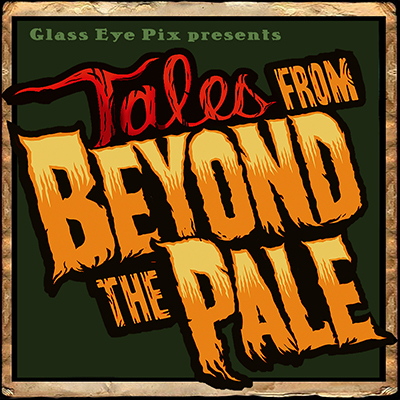








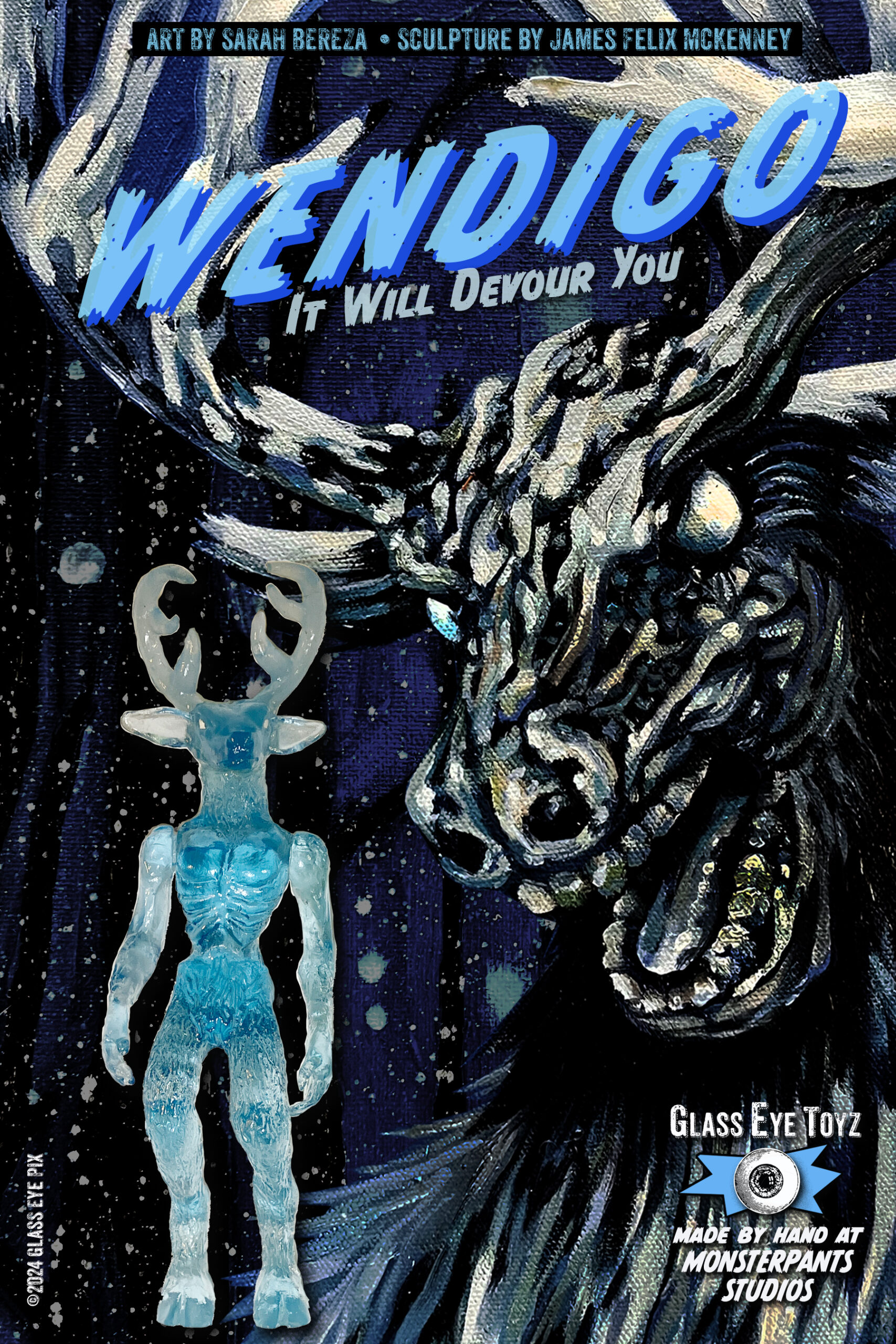
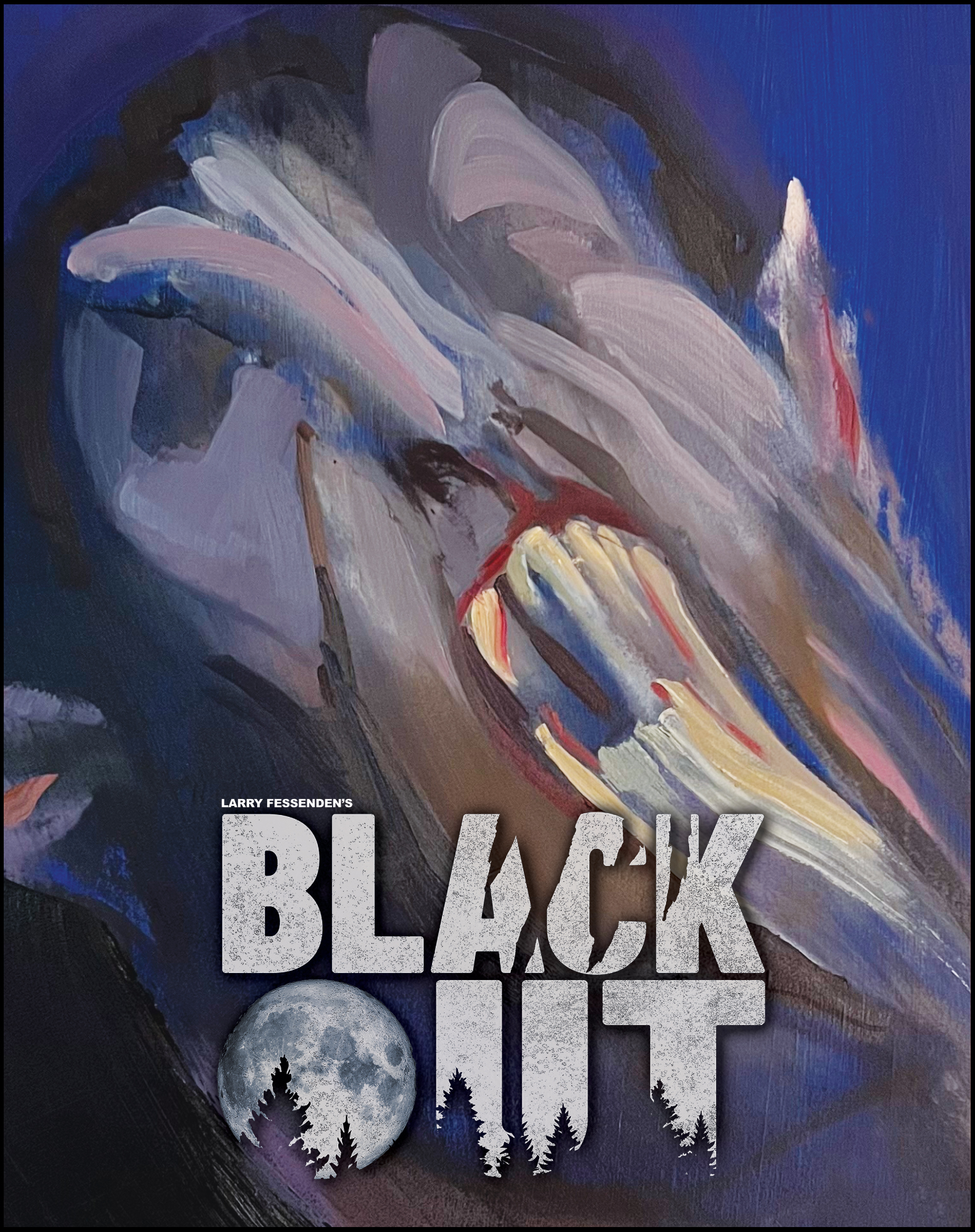
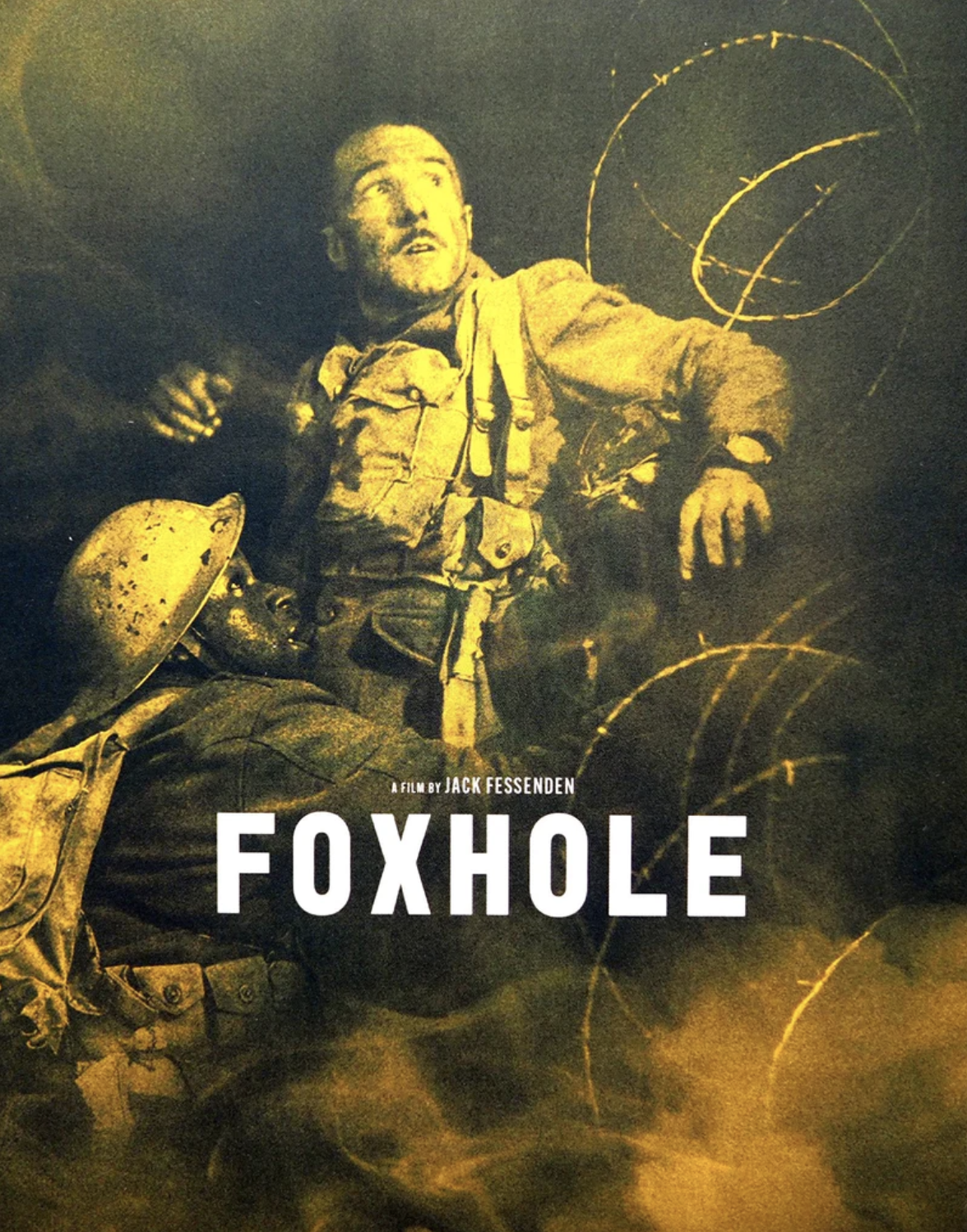
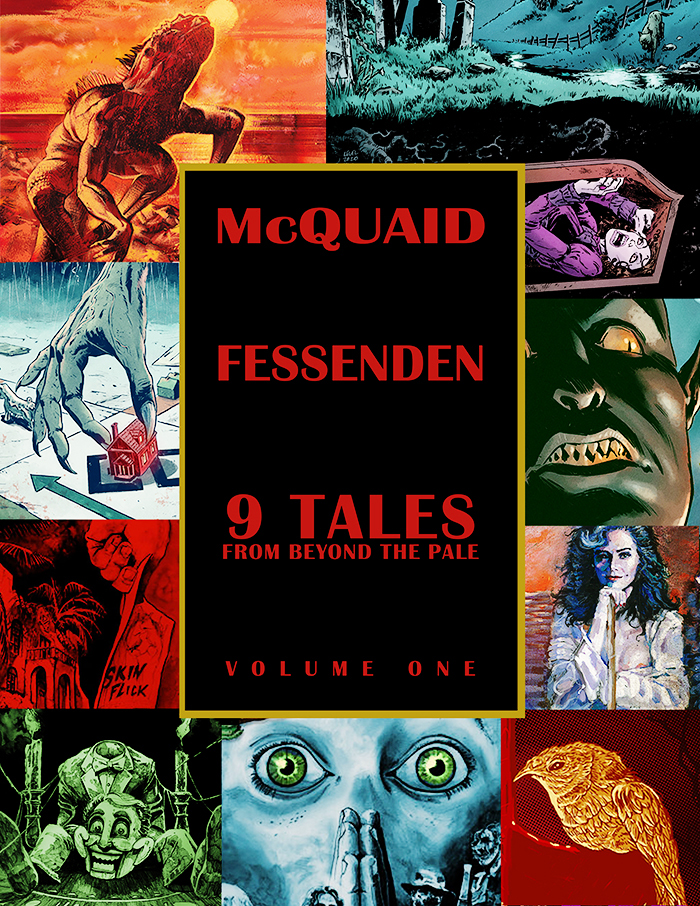
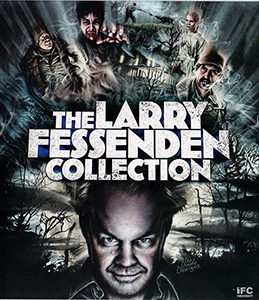
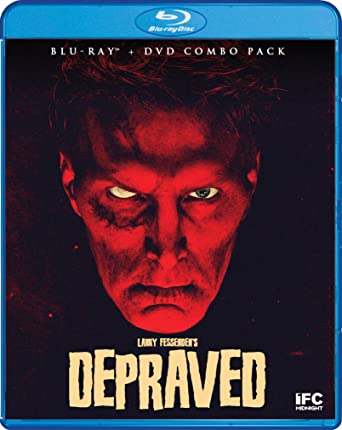
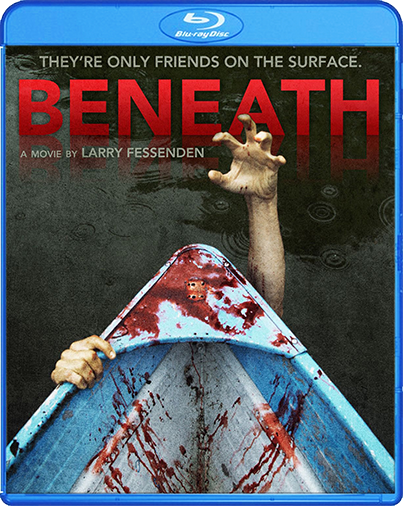
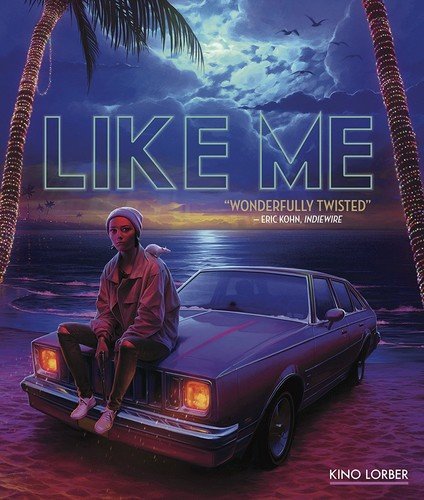

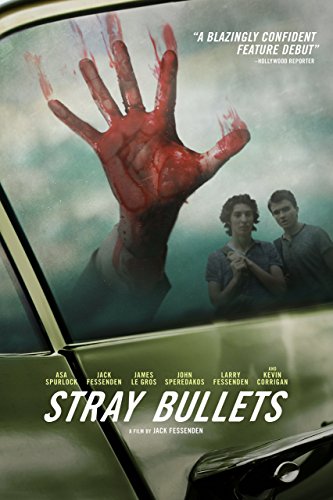

Add a comment